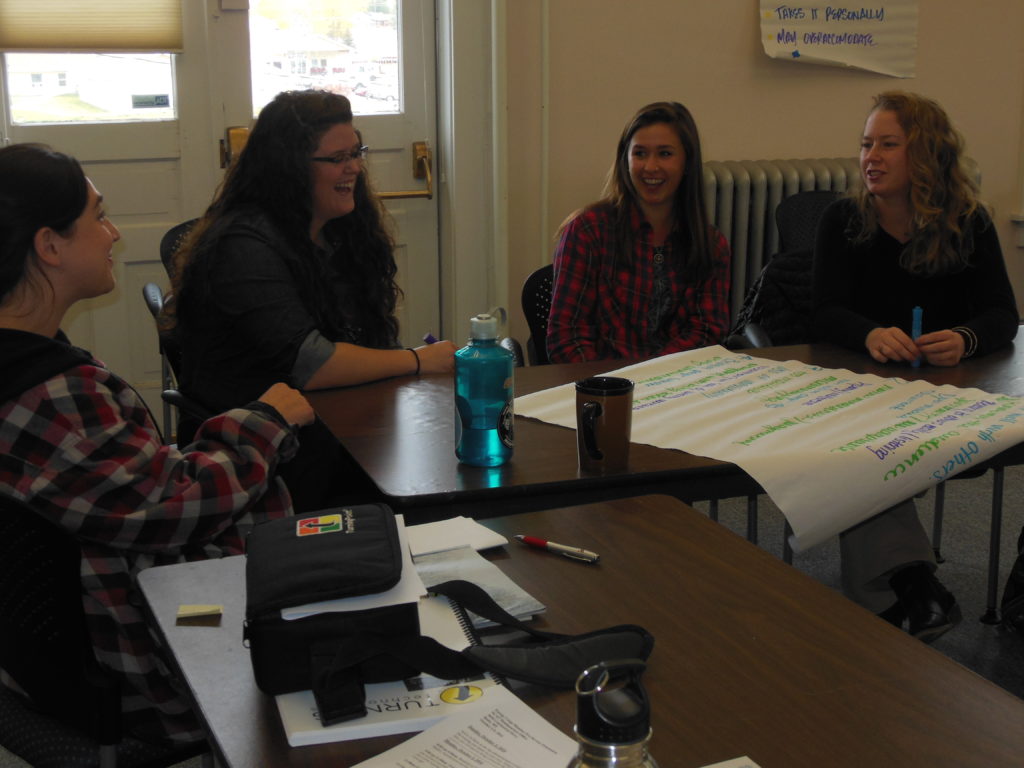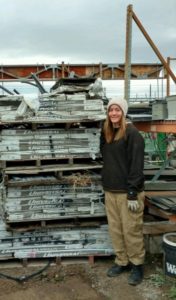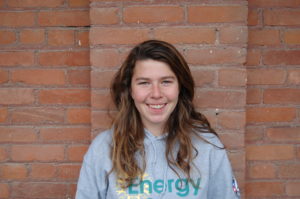Those who know me know how optimistic I am. In the face of climate change, I cannot stress how important it is to remain positive. The Sustainable Development lectures at my university often left me feeling helpless and hopeless, that the world was doomed and our fate was set, so why bother trying? I get it. I get why our generation feels particularly apathetic towards trying to make a difference. Much of the information being dispersed to us through higher education, the media, our peers, is exceedingly negative, and it’s almost too overwhelming to act on. Yes, anthropogenic operations are some of the greatest contributors to climate change and environmental stress; human activity alone imposes more than 30 billon metric tons of carbon dioxide annually. However, we have the privilege and ability to mitigate, promote awareness, and defend the planet– not just destroy it. A serious shift in the way we imagine ourselves and our relationship with the environment is pivotal if we want the earth to persevere for future generations. It’s easy to encourage a dialogue about climate change, but how do we instigate action?
Humans are not inherently bad, and certainly not a “plague” on the environment as many are inclined to believe. This disposition is logical on a superficial level, considering all that our species has done to vandalize the earth. However, what good is it to resent our species? Especially in light of the substantial progress we’ve made thus far in environmental justice. For instance, just this week Elon Musk revealed one of Tesla’s greatest accomplishments: a completely solar rooftop (here’s the article for those interested: https://www.bloomberg.com/news/articles/2016-10-31/no-one-saw-tesla-s-solar-roof-coming). We can’t continue to spread absolutes about human nature; not everything we do is good, sure, but consequently not everything we do is bad either. Humans are, in fact, the ultimate resource to confronting climate change. We just have to apply our intellect, innovation, and technology in a sustainable way.
After only a month as an Energy Corps member, I’ve already had opportunities to meet many county representatives and employees, most of who share my enthusiasm for combating climate change and sustainability (or, at the very least, for making county facilities more efficient). Already I can see the same passion for change among my fellow Energy Corps members, and throughout Missoula. During the following eleven months, I’m eager to strengthen that potential not solely through education, but through encouraging confidence and enthusiasm. Spreading knowledge and educating others is crucial to reducing our impact on the environment, but so is spreading optimism for the future. My formula for success: knowledge + optimism = action.
Erika Barnett graduated from Appalachian State University in 2015 where she earned a degree in Anthropology with a concentration in Sustainable Development. Erika has researched sustainability ideologies and anthropological theories, and extensively studied anthropogenic causes of climate change, consequences of conventional lifestyles, environmental mitigation techniques, renewable energy, as well as education and outreach as a method of mitigation through awareness. Erika will be developing Missoula County’s first greenhouse gas emissions inventory and represent the county in community-based climate action initiatives, identifying potential opportunities for county action.









